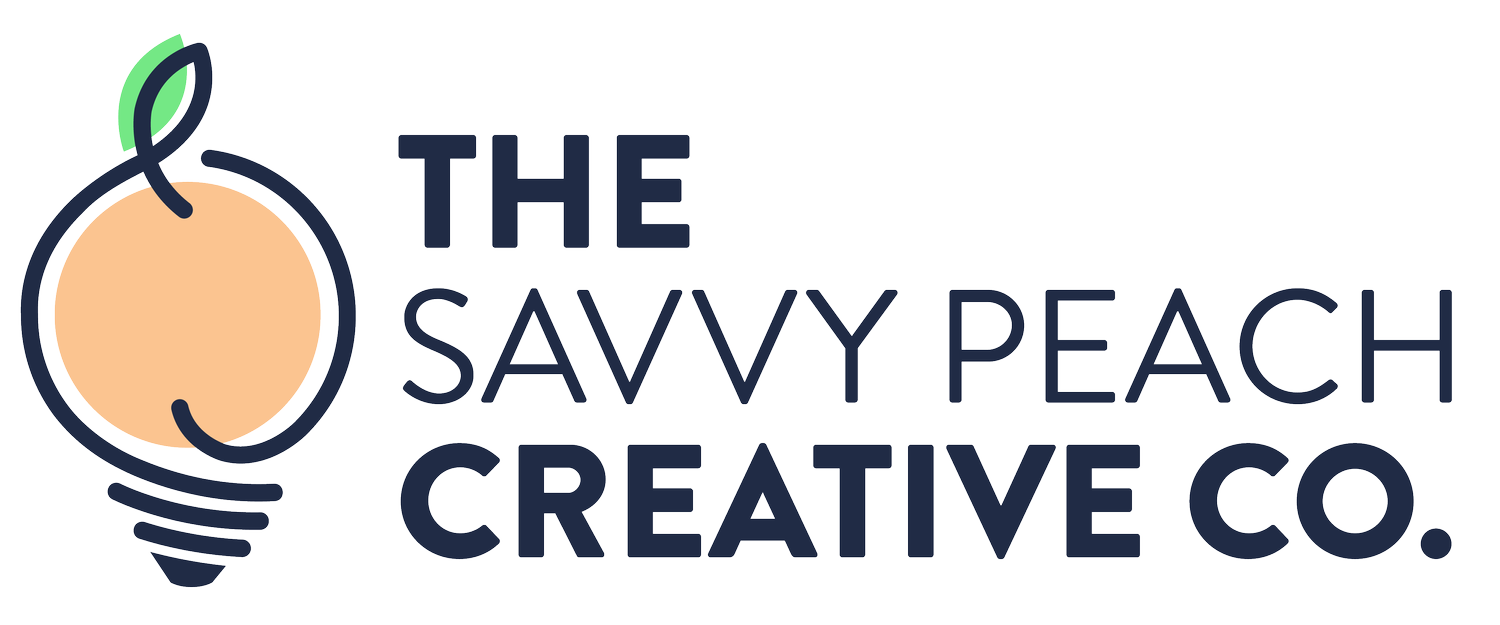Visual Storytelling: How Graphics Make Your Message Stick
In today’s marketplace, brands don’t compete for attention — they compete for retention. It’s not enough for your message to be heard; it must be remembered. This is where visual storytelling becomes a strategic advantage.
For Marketing VPs and C-level executives, the role of design extends far beyond aesthetics. Graphics are a vehicle for strategy: they simplify complex ideas, build emotional connections, and drive measurable business outcomes. As leaders begin mapping out their 2026 initiatives, the ability to harness visual storytelling will be a key differentiator in markets where clarity and trust are as valuable as innovation.
Visuals Accelerate Understanding
Executives know that speed matters. Research shows that people process visuals 60,000 times faster than text, and retain information significantly longer when it is paired with strong imagery.
For decision-makers, this means presentations, campaigns, and investor communications all benefit from visuals that do more than decorate — they clarify. Whether it’s a sales deck, quarterly report, or product launch, the right graphics shorten the distance between message and meaning.
“Good design isn’t decoration — it’s acceleration.”
Design Shapes Perception and Trust
Your brand is judged in milliseconds. From a website homepage to a LinkedIn ad, visuals create the first impression long before your message is read. For small to mid-sized businesses competing with enterprise players, this can level the playing field.
Consistent design signals reliability
Modern visuals convey innovation
Clear graphics build trust with investors, clients, and employees
As you plan for 2026, consider this: every piece of communication is either reinforcing your market position or eroding it.
The ROI of Strategic Design
Design is often underestimated as “creative spend,” yet the data tells a different story:
Companies with strong design practices outperform industry peers by more than 200% (Design Management Institute).
Consistency in visual branding can increase revenue by up to 23%.
Teams that integrate design into business strategy report faster growth and higher valuation multiples.
For executives managing budgets, these numbers confirm that design is not an expense — it’s an investment in long-term enterprise value.
“ Every dollar spent on design is a dollar invested in trust, growth, and competitive advantage.”
Storytelling Builds Emotional Connection
At the highest levels of leadership, the focus isn’t just on transactions; it’s on relationships. Design has the unique ability to humanize a brand and create emotional connections with audiences.
Think about your own leadership communications:
Does your brand presentation inspire confidence?
Do your visuals reinforce the values you want employees to embody?
Do your campaigns connect emotionally with the people you want to reach?
Strategic design ensures that your story resonates at every level — from frontline employees to boardroom stakeholders.
Practical Steps for Leaders Planning 2026
For executives ready to embed design into their 2026 strategy, here are key actions:
Audit your current visuals: Identify where design feels inconsistent, outdated, or unclear.
Build or update a style guide: Codify fonts, colors, imagery, and voice so every channel reflects your brand identity.
Invest in design partnerships: Whether internal hires or external agencies, prioritize strategic design talent.
Integrate design into leadership tools: Use visuals in strategy decks, performance dashboards, and investor reports to make data memorable.
Empower teams with design templates: Give marketing, HR, and sales teams access to branded materials that scale without sacrificing quality.
Design as a Strategic Imperative
Visual storytelling is no longer optional — it’s the language of modern business. For leaders planning 2026, the question is not whether design matters, but whether your design is working as hard as your strategy.
Strong visuals don’t just make your message look good. They make it stick.
Is your brand equipped to tell a story that resonates, builds trust, and drives measurable outcomes? Now is the time to align your 2026 strategy with the power of design.

